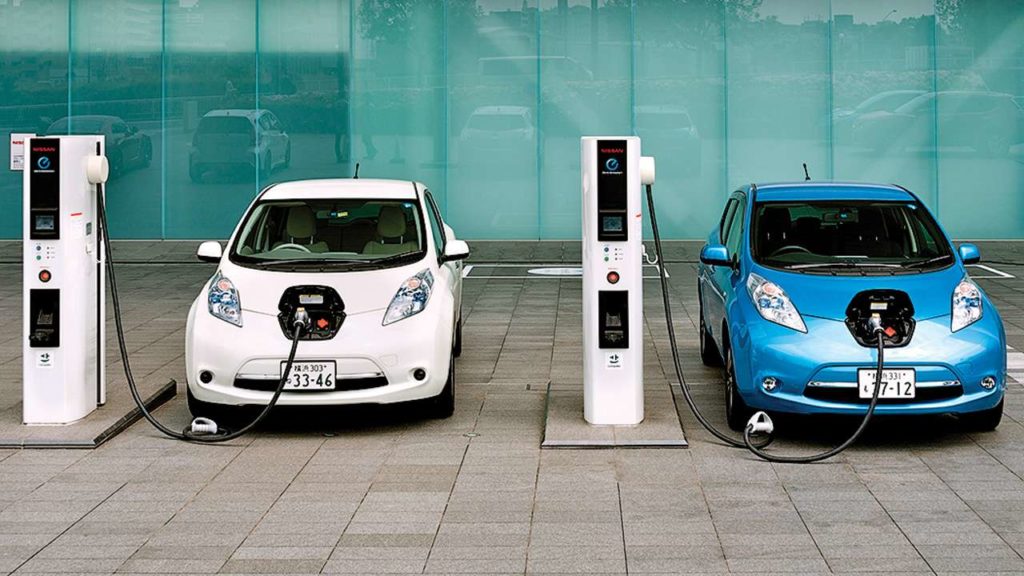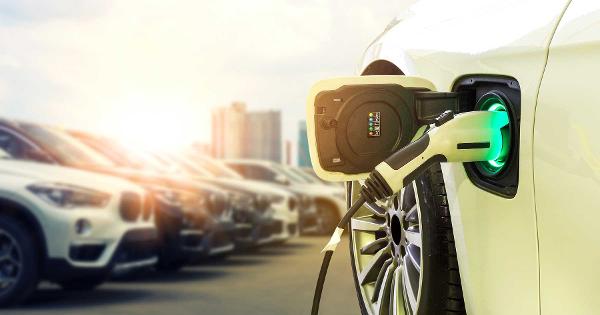When stepping into the electric vehicle market for the first time, things can get overwhelming fast. Aside from the initial cost itself, with so many new features and specs to consider it can be quite a task to figure out which EV is for you.
One of the key things to look at when opting to switch out your conventional gas-powered vehicle is practicality. EVs currently have issues that need to be addressed. From battery life and driving range to functionality in different weather conditions, can all be dealbreakers when looking into EVs. Furthermore, buyers must consider their lifestyles, how many kids they have, what their commute to work is like, if they are doing a lot of highway driving, or if they stick to a more city dweller lifestyle could be the difference between making the switch or not.
Another issue to consider is charging stations. Although charging networks are growing at a rapid pace, there still aren’t a lot of charging stations readily available for owners to plug-in their EVs. Without a charging station, EV owners could end up out of luck and stranded when traveling long distances. You can of course install a station in a home garage that’s capable of charging an electric car battery. However, supposing you have the infrastructure to house it, it can still cost more than $2,000, not including the bump in your home electricity bill. Some EV owners rely on solar power to charge their car, but the cost to buy and install a reliable solar system in a home can exceed $10,000.
Maintenance is another key factor that should not be looked over. Of course any vehicle purchased will have a some type of maintenance cost on a regular basis. However, EVs can be especially expensive to maintain and fix. Parts can be hard to come by causing owners to deal with the vehicle manufacturer directly which tends to get expensive. According to Clean Technica, routine maintenance (brake repairs, hose changes, etc.) can cost more on electric vehicles than gas-powered. Although you may think you are saving money on gas and oil but those expensices can easily carry over to other places.

When looking into EVs, one of the first things you may come across is range anxiety. Range anxiety has been a thing since the beginning of electric vehicles and is the main issue keeping people from purchasing electric vehicles according to top industry analyst and executives. With the current lack of charging stations it would be a mistake not to consider this issue. For example, the Tesla Model S has a range of 335 miles which will get you far if you’re just cruising around the city, but may not be the best choice for a long road trip with no charging station in site.
On top of range anxiety, we must consider battery life. Replacing an electric car battery alone can cost more than $5,000. At that price, you hope you wouldn’t have to replace the battery too often. Most automakers claim their EV batteries will last either the life of the EV or 500,000 miles. However, many batteries need to be changed after 150,000 miles due to things like extreme temperatures, overcharging, and power surges that lead to losing strength and charge faster than when brand new.
Looking at hardware, software, and firmware, depending on which EV you decide on, may or may not have an impact on additional costs. Tesla, for example, automatically updates is vehicles software regularly at no charge to the owners. Other companies request owners to upgrade their EVs software, sometimes at an additional cost. Knowing whether technology upgrades are included or you will be handling out more chase for them, is imperative before purchasing an EV.
Although a compromise, there is always the option of a hybrid vehicle over fully electric. While still being more efficient and greener than gas fueled vehicles, hybrids also use an internal combustion engine and can be fueled like normal cars.
Aside from all the initial and additional costs that seem to stack up when looking to purchase an EV, many buyers look to rebates and tax credits from their local government. Rebates and tax credits can save EV owners thousands of dollars, however, they also change frequently depending on the political party currently in power, and where you live. While liberal governments are more likely to offer rebate programs, conservative governments may opt for saving money in exchange for those same programs. Another big factor to strongly consider before purchasing an electric vehicle.

